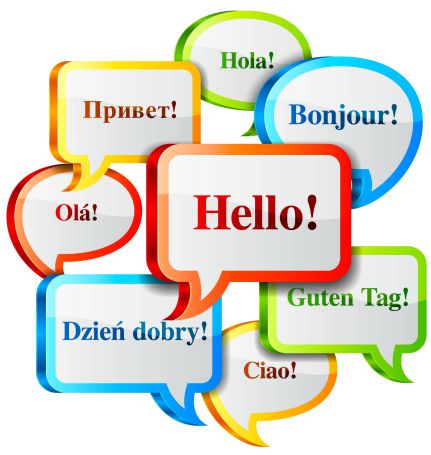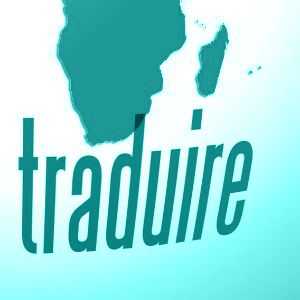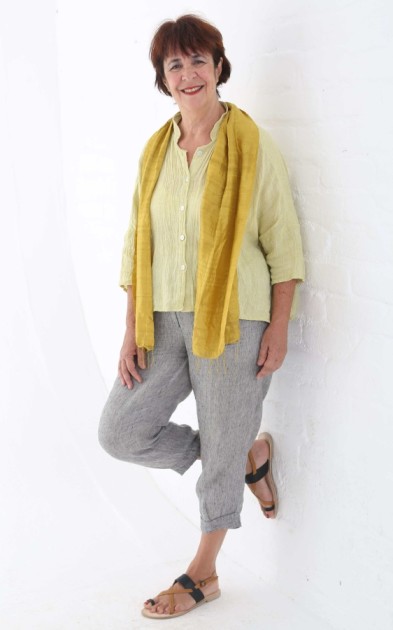Mauritius languages
Mauritius languages are like a freshly tossed salad: crisp and varied. Mauritian people switch between Creole, French, Bhojpuri, Hindi, Urdu,Tamil, Telegu, Marathi, Cantonese, English and Hakka several times during the day.
Confused? Don’t stress. A smile can replace a thousand words and as long as you understand our first creole greeting “Bonzour” meaning “hello” you’ll be fine.

Why so many languages in Mauritius?
Simply put, in Mauritius, languages are related to our culture, ethnic and religious groups and there are many. Mauritian people are the proud owners of 11 main languages and counting! For an island 720 square miles with a population of 1.3 million, it is truly amazing.
In the morning we could be reading a newspaper article written in English, during the day we usually converse in creole our major language. At home we speak our ancestral language with our family. A custom which is unfortunately disappearing. We don’t have a regional language.
A British colony with no English spoken!
We were a British colony for a century and a half. Very little English was and is spoken!
Patrick Beaton who lived in Mauritius in the mid-19th century was so surprised that he wrote:
“Is it possible that the English language is unknown to all save Englishmen, in a colony which has been in the possession of England since 1810? Is it credible that the Coolies even are taught in the barbarous jargon known as Creole, and that an Englishman, standing in a English colony, should discern no traces of the English language, of English manners, and of English civilization?”

We learn our official language at school …
Would you believe it! English is the medium of instruction in most schools. It makes learning difficult for children in primary classes and many teachers switch to creole or French during lessons. The end result is that English is mostly taught in its written form. Our spoken English could see a lot of improvement. Hand gestures do help …
Debates about Creole being used in our education system are ongoing. It’s a complex situation and hopefully a solution will be found. Apart from English no other Mauritius language seems to be a suitable alternative to all ethnic groups.
Why is French spoken in Mauritius?
When the French settled in Mauritius in 1715 the island was deserted. There might have been the odd pirate and a couple of slaves hiding in the forests. When Mauritius became a British colony in 1810, French was already established.
The treaty of capitulation between the French and British stated the people of Mauritius were allowed to keep their language. In any case a piece of paper is unlikely to change the language of a country.
Mind you the British tried to make us switch to English. Without success. There were not enough British living on the island to form an ethnic group. Life carried on without much change for the islanders. The British were more interested in military control. We were a British colony until independence in 1968.
French and English in Mauritius today
English is used in court, parliament and it’s the medium of teaching in most schools. It is also used in the banking sector and public institutions in its written form.
French is considered the language of the more educated. French is taught at school at all levels and is widely used: business, some government institutions, newspapers, TV programs, films and books.
Most popular Mauritius languages
- Creole - 86.5%
- Bhojpuri - 5.3%
- French - 4.1%
The remaining 4.1% include English spoken by less than 1 % of the population, Mandarin, Cantonese and various ethnic languages from India: Hindi, Telegu, Malayalam, Marathi, Urdu and Tamil.
Source. Reference.
Beaton 1859 - creoles and coolies or five years in Mauritius US Library of Congress - Federal Research Division, Dr Rajah Carrim 2005
The CIA World Fact book - august 2015
Related Pages
Home < Mauritius people < Mauritius languages
I'd love to hear from you - add your questions or comments below!











